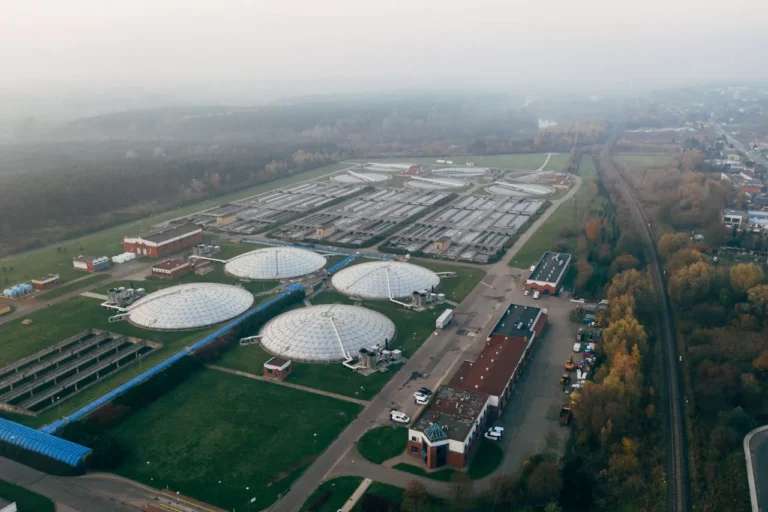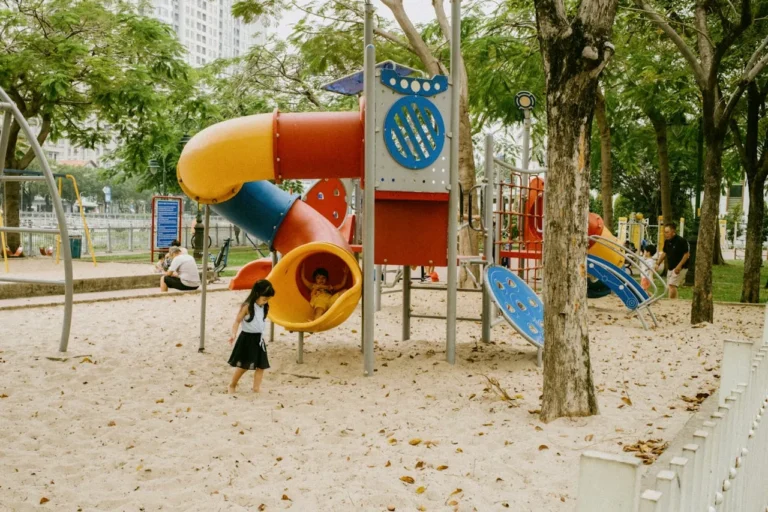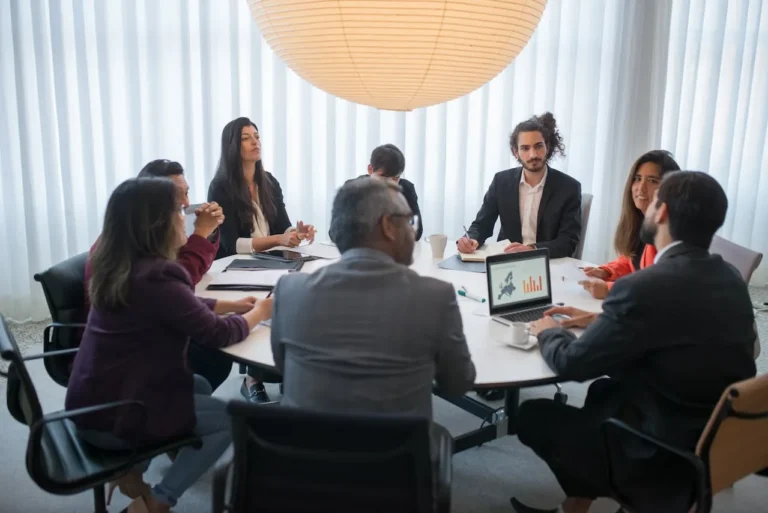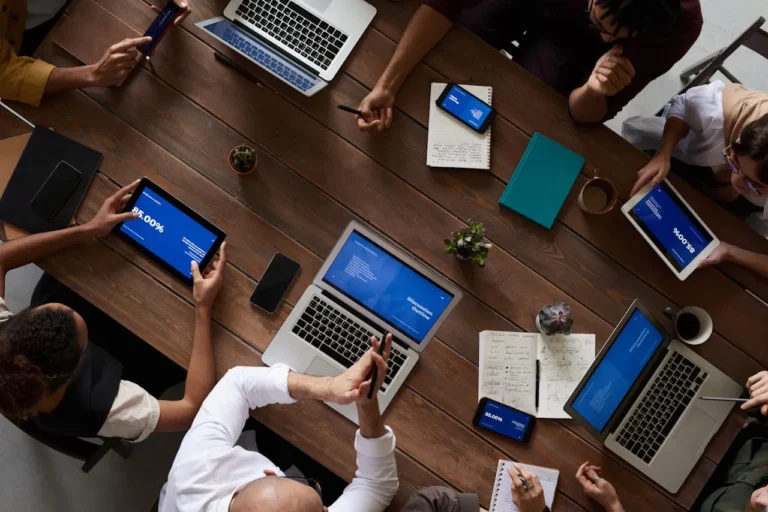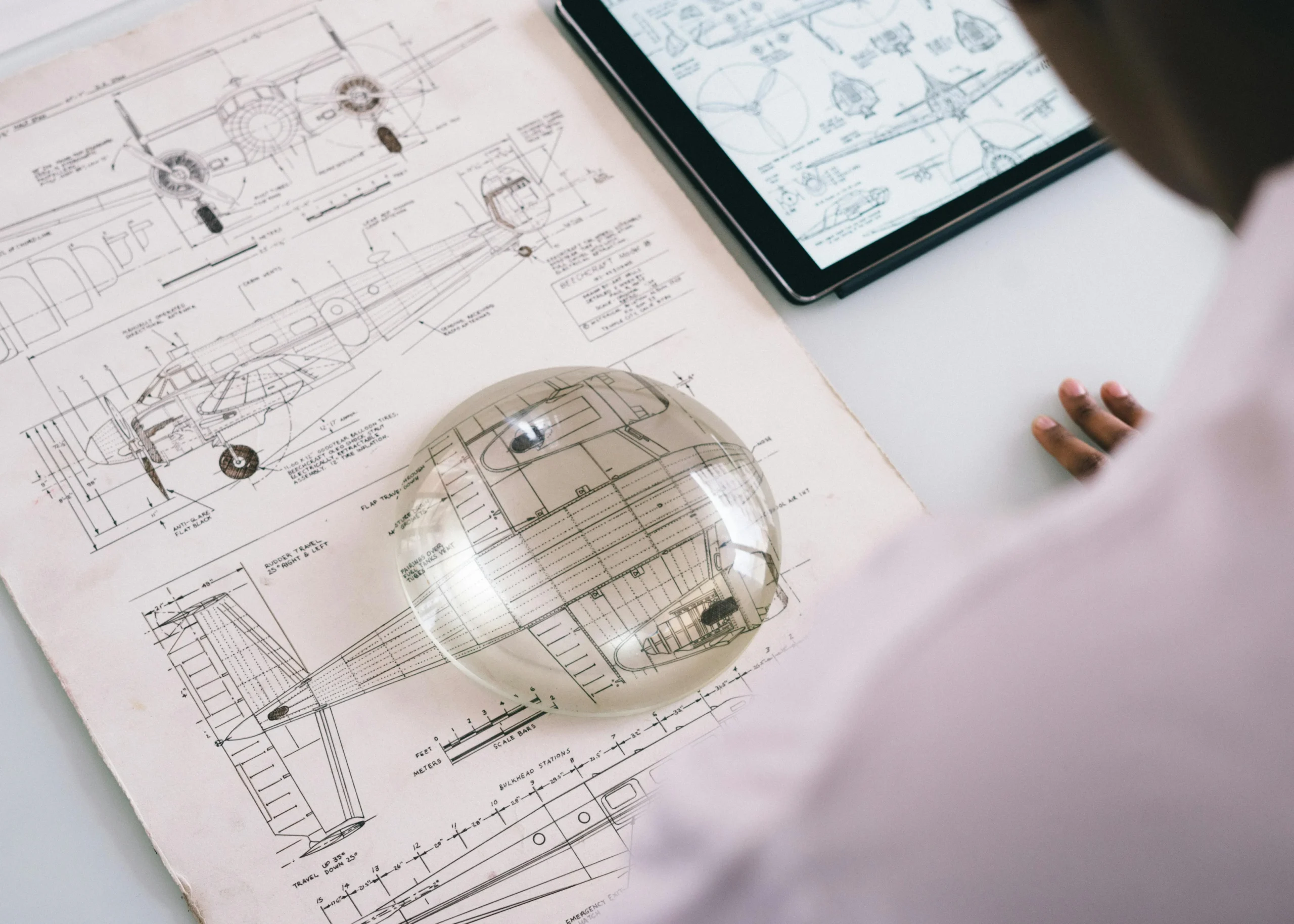
Moorthy has been a stalwart at Evonik for 16 years, evolving and thriving alongside the company. Discover his journey from a Chemical Process Technician to a Plant Engineer. Despite his long tenure, Moorthy, currently a Plant Engineer at Evonik Oil Additives (EOA) in Singapore, approaches each day as a new beginning. His growth at Evonik is a testament to his dedication, starting from a Chemical Process Technician and now spearheading projects and process enhancements for the EOA Singapore site.
Moorthy, your ambition was always to become an engineer. What drove this aspiration?
My motivation has always been to apply my knowledge, and engineering seemed like the perfect avenue for this. Mundane tasks don’t appeal to me; I thrive on driving sustainable change and meaningful development within my organization. Growing up in India with my family background, I had to enter the workforce early, but I always harbored a vision of gradual advancement.
Could you share some highlights of your career journey?
Continuous learning has been pivotal. Enhancing my skills and delving into new areas has propelled my career and opened doors to fresh opportunities. I’ve received unwavering support from my employer and supervisor. Starting as a Chemical Process Technician in 2008 with a Diploma in Chemical Technology, I advanced to the role of Plant Engineer in 2022 after completing my Bachelor’s degree in Chemical Engineering.
Additionally, I obtained a Bachelor’s in Business Administration and pursued various development courses, including a Green Belt certification in Focused Improvement Pillar (TPM), Train the Trainer, and Energy Manager courses.
How do you inspire others to seize development opportunities?
Apart from my plant engineering duties, I oversee the Evonik Production System (EPS) at our site. This system, newly implemented, enhances the efficiency of our production processes and acts as a framework for continual improvement of production and technology-related processes, minimizing non-value-added activities.
Implementing this system on-site, we function more cohesively as a team. Breaking down barriers, such as those between different departments, encourages cross-functional learning and fosters innovative thinking, which is inherently motivating.
Sustainability is a major focus in Singapore. How do you contribute to this in your daily work?
We are committed to our sustainability roadmap, aiming for a 30% reduction in CO2 emissions by 2030 and achieving carbon neutrality by 2050. One of my current projects involves installing solar panels to reduce our EOA carbon footprint.
While this project alone may not be a game-changer, it aligns with our ambitious targets in Singapore. My colleagues also play a significant role in improving our CO2 footprint daily, with over 65 ideas proposed to optimize our processes, showcasing remarkable dedication.



